Gutfeld!: We Make MSNBC People Famous
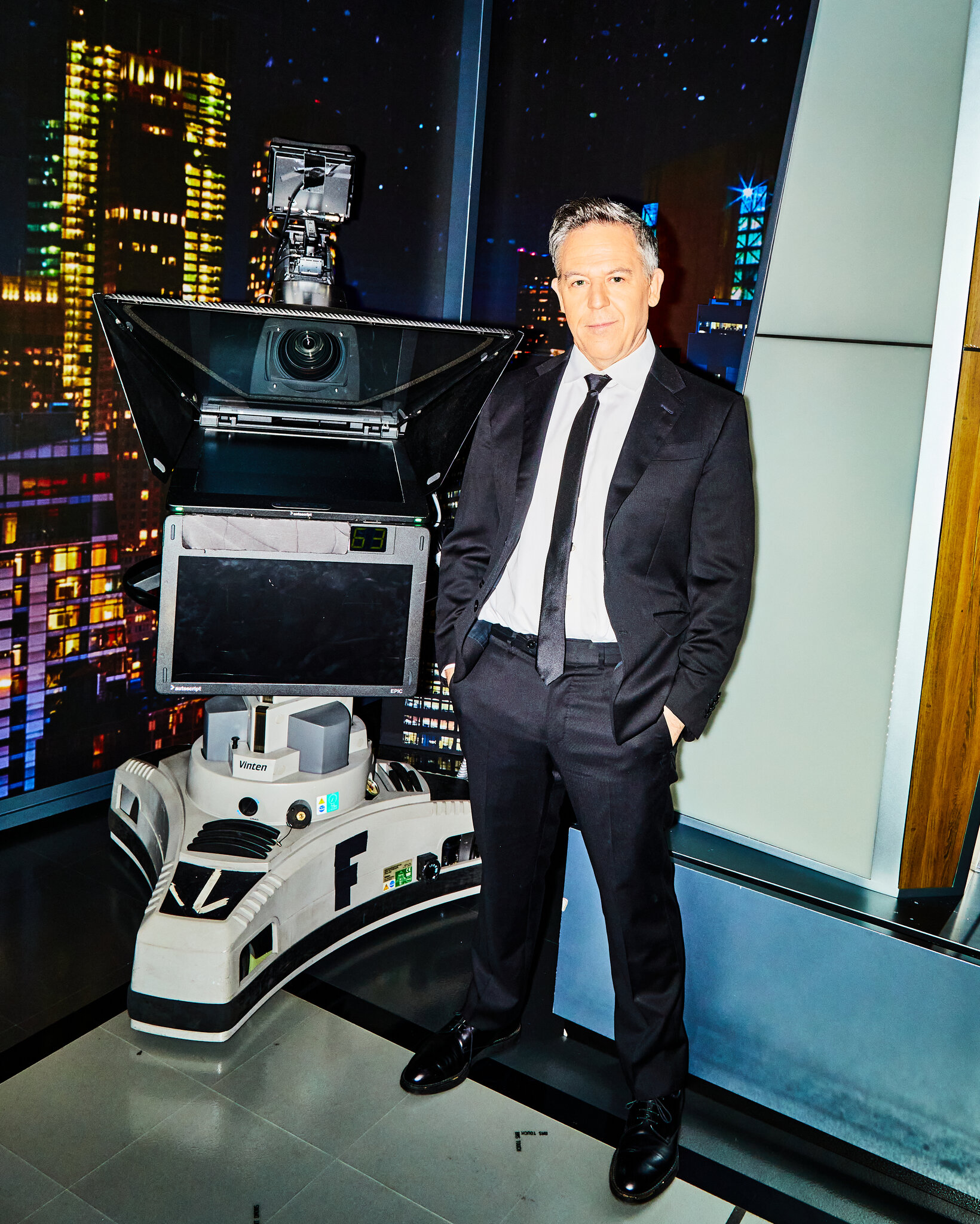
The popular Fox News show “Gutfeld!” hosted by Greg Gutfeld delves into the intertwining world of media commentary and political perception. Recently, the discussion centered around remarks made by Joe Scarborough from MSNBC’s “Morning Joe.” Scarborough notably referred to President Joe Biden as his “best Biden ever,” stirring a lively debate among the panelists. This conversation is emblematic of the ongoing analysis that characterizes political discourse in contemporary media, particularly regarding the Democratic Party and the current dynamics of the White House.
Media Influence on Political Perceptions
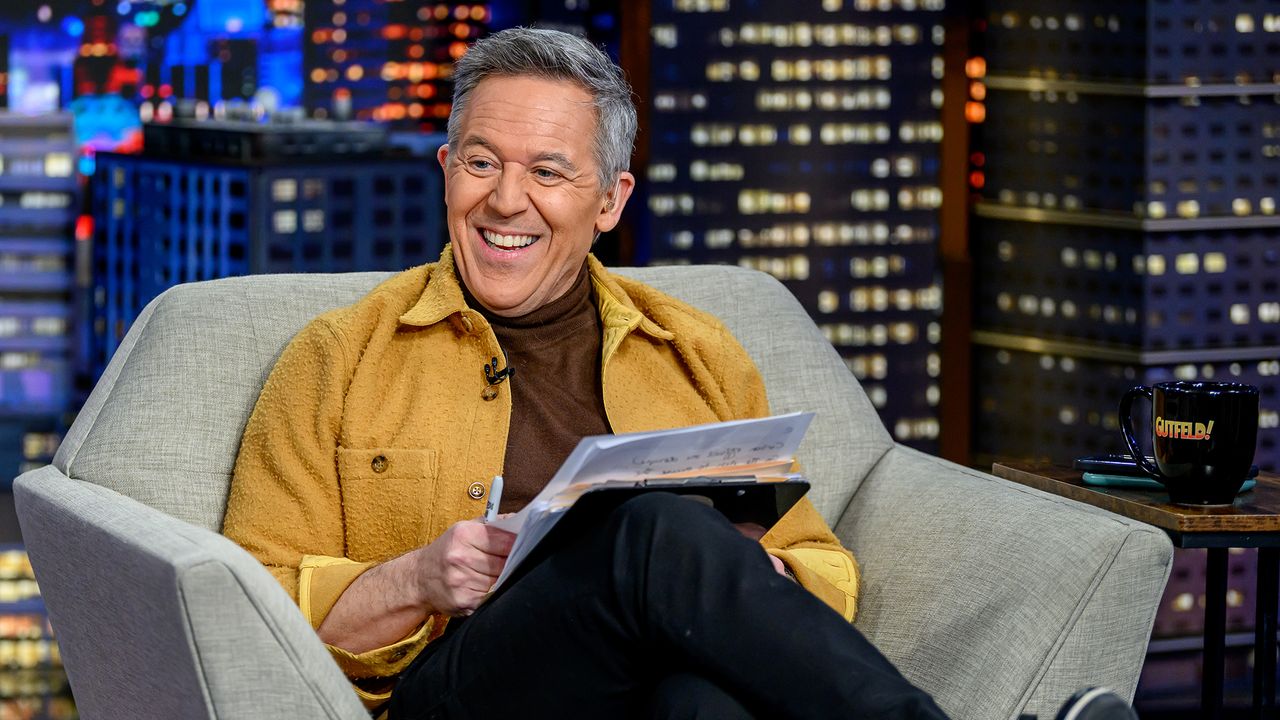
In today’s polarized political climate, the power of media to shape public opinion cannot be overstated. Shows like “Gutfeld!” highlight how commentators can influence perceptions of political leaders through their narratives. The remarks from figures like Scarborough are more than just opinions; they are pieces in the larger puzzle of media influence which affects how viewers perceive politicians.
The panelists analyzed how different networks craft their stories and how such narratives can significantly sway public sentiment. For example, MSNBC often portrays Democratic leaders in a more favorable light, especially during critical periods such as elections. This strategy can lead to a more supportive narrative surrounding figures like President Biden, which Scarborough’s comment exemplifies. Interestingly, the interplay between networks showcases how biases and opinions are presented, leading to stark contrasts in viewer perceptions.
Politics and Media: An Ongoing Dance
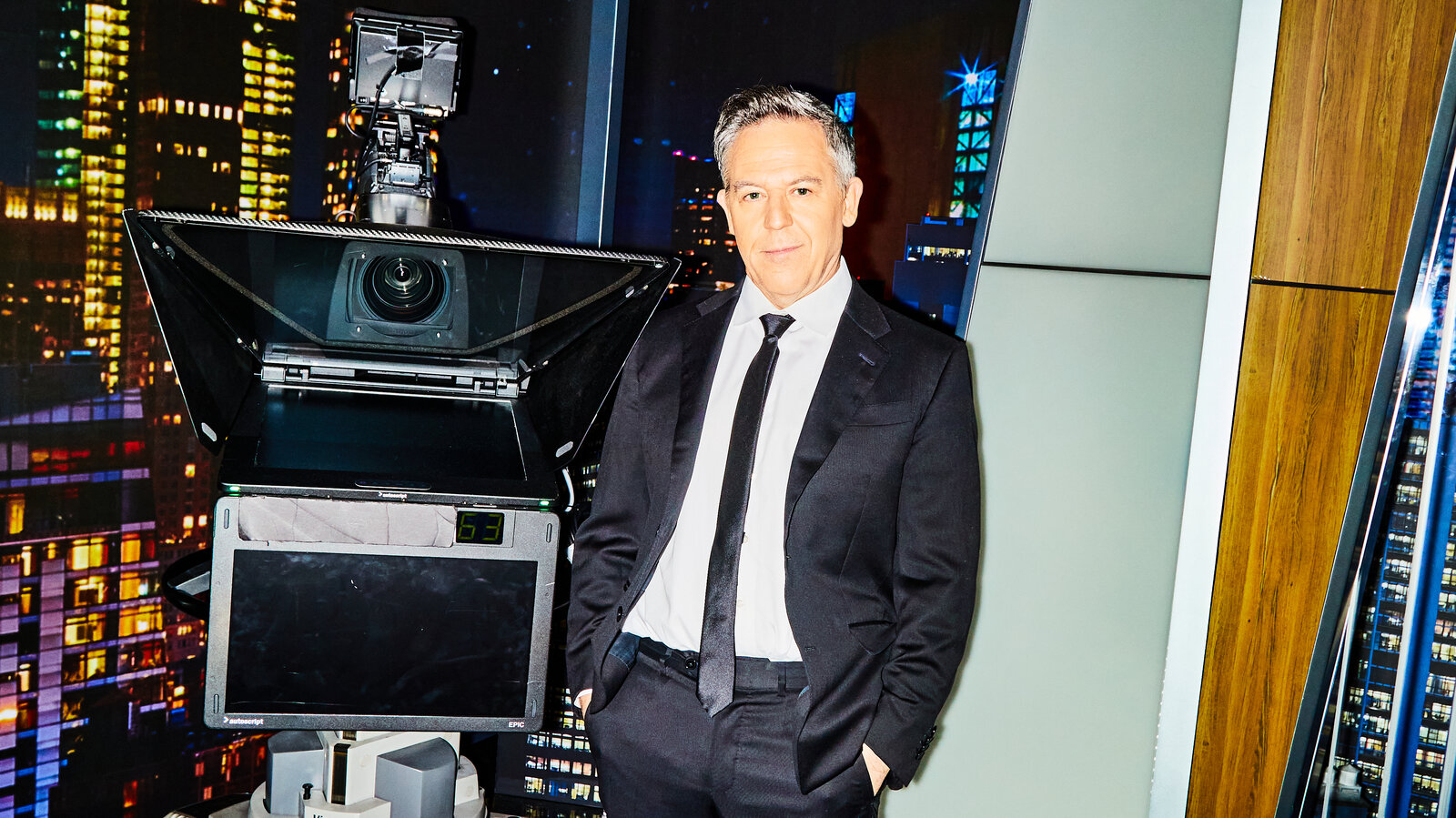
The interaction between news organizations and political figures forms a continuous dance, marked by mutual influence and intentional framing. Gutfeld and his panel discussed how media personalities can elevate certain politicians to celebrity status, particularly on networks like MSNBC. This idea raises questions about authenticity and the role of media as both an informer and a shaper of public opinion.
As media platforms continue to evolve, the manner in which they engage with political narratives becomes increasingly significant. The escalation in commentaries about President Biden is not merely coincidental; it coincides with critical political milestones and challenges that the administration faces. Such discussions are emblematic of the ongoing narrative battles waged across different media landscapes, highlighting how political commentary can create or destroy public perception.
- The Role of Opinion Hosts: Hosts like Gutfeld and Scarborough wield significant influence, and their opinions can elevate minor political discussions into national debates.
- Audience Impact: Viewers are often swayed by emotional narratives, which can lead to divided perceptions of political issues.
- Media Strategies: Different networks utilize various strategies to promote their viewpoints, utilizing well-crafted language and selective reporting.
Connecting Political Conversations with Media Characters
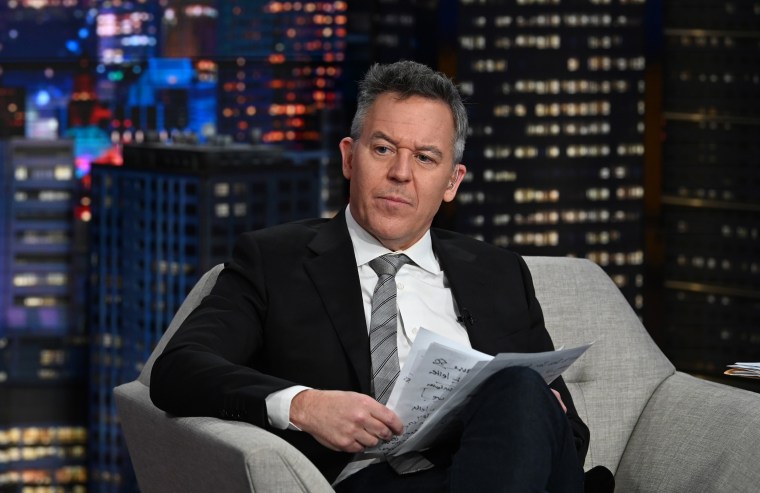
One of the fascinating dynamics of shows like “Gutfeld!” is the evolution of political figures into media personas. Scarborough’s playful remark about Biden serves as a testament to how media can humanize politicians, making them relatable or, conversely, subjects of ridicule. This phenomenon illustrates a critical intersection where political commentary and celebrity culture converge.
It is not uncommon for hosts and commentators across the media spectrum to adopt tones that resonate with their audiences. Gutfeld, for instance, often leverages humor and satire to discuss serious political themes, making conversations more accessible. This approach not only garners attention but also shapes how political figures are perceived in public discussions.
The Polarized Environment of Political Commentary
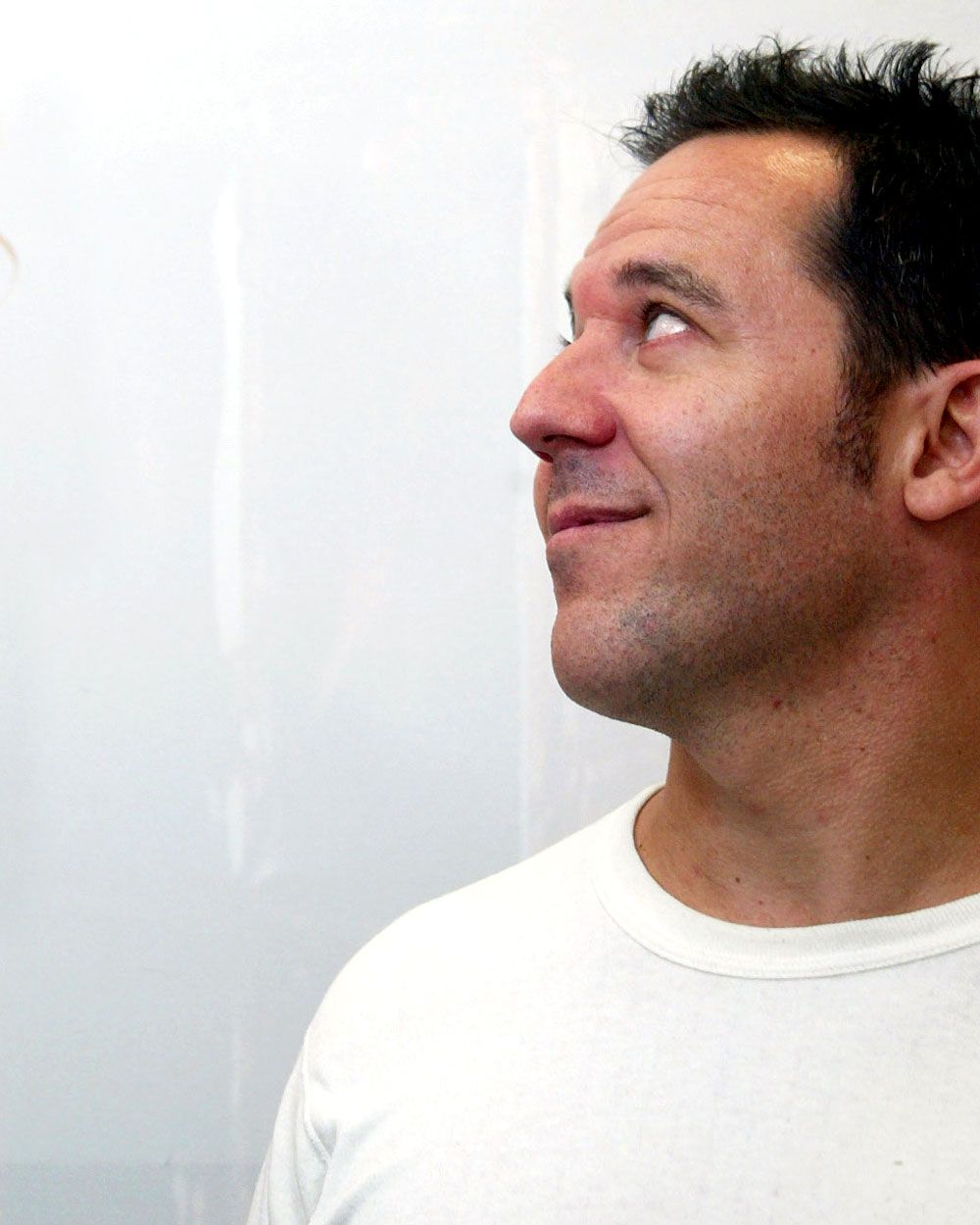
The current environment for political discussions is deeply polarized. Exchanges like that between Gutfeld and Scarborough underscore the contentious nature of political commentary. This polarization extends beyond mere opinion; it reflects broader societal divides on issues ranging from policy preferences to the interpretation of current events.
Such discourse occurs within echo chambers that reinforce existing beliefs among viewers. As audiences become more polarized, the manner in which media portrays political events will also evolve, leading to an increasingly complex landscape of opinion and influence.
In summary, the interplay between commentaries from varied news organizations shapes not only how we discuss political figures but also how we perceive them. The observations made on “Gutfeld!” regarding figures like Scarborough prompt broader discussions on an essential aspect of contemporary media culture: its power to create, critique, and magnify the presence of politicians in the public eye.
Conclusion
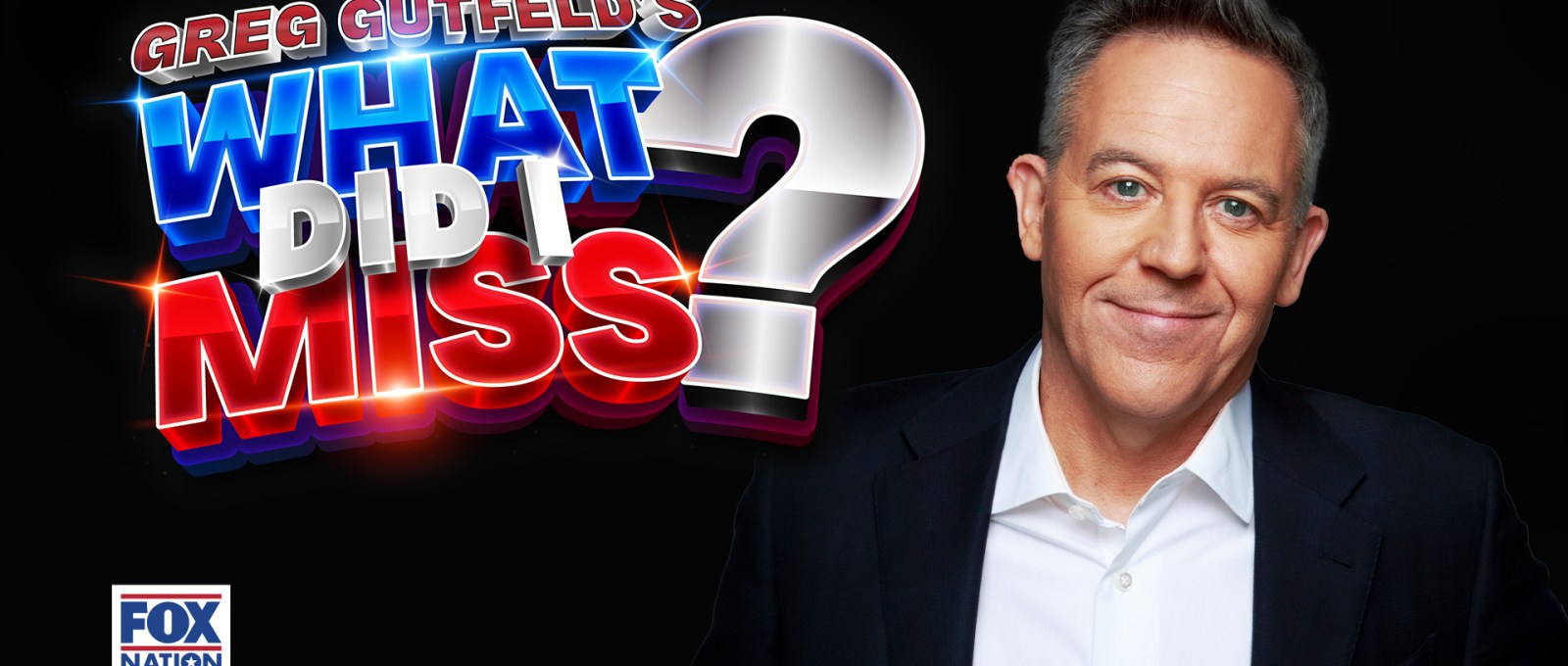
As the conversation continues about the role of media in politics, it becomes increasingly crucial for viewers to engage critically with the narratives presented. Understanding the influence of shows like “Gutfeld!” on the political landscape can empower audiences to decode the layers of information they receive. Explore more on this fascinating intersection of media and politics, and stay informed on how these narratives affect your perception of the world!